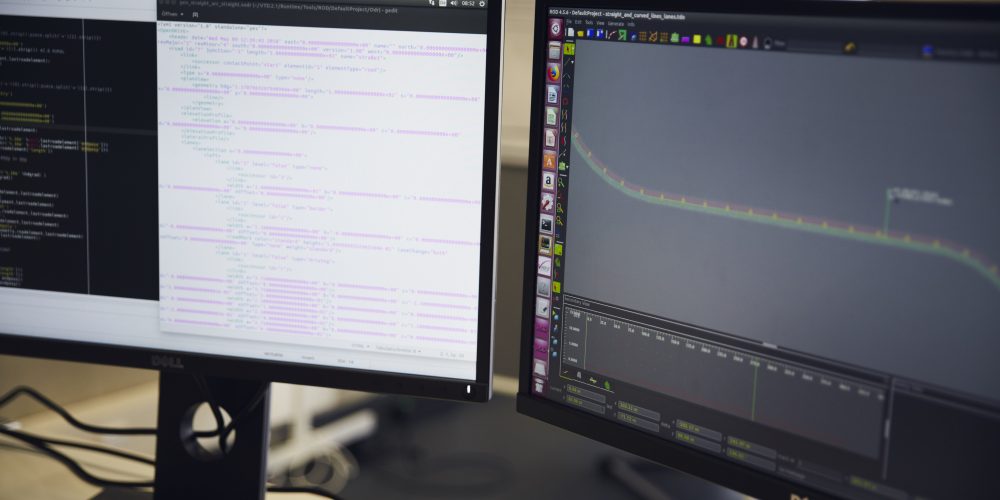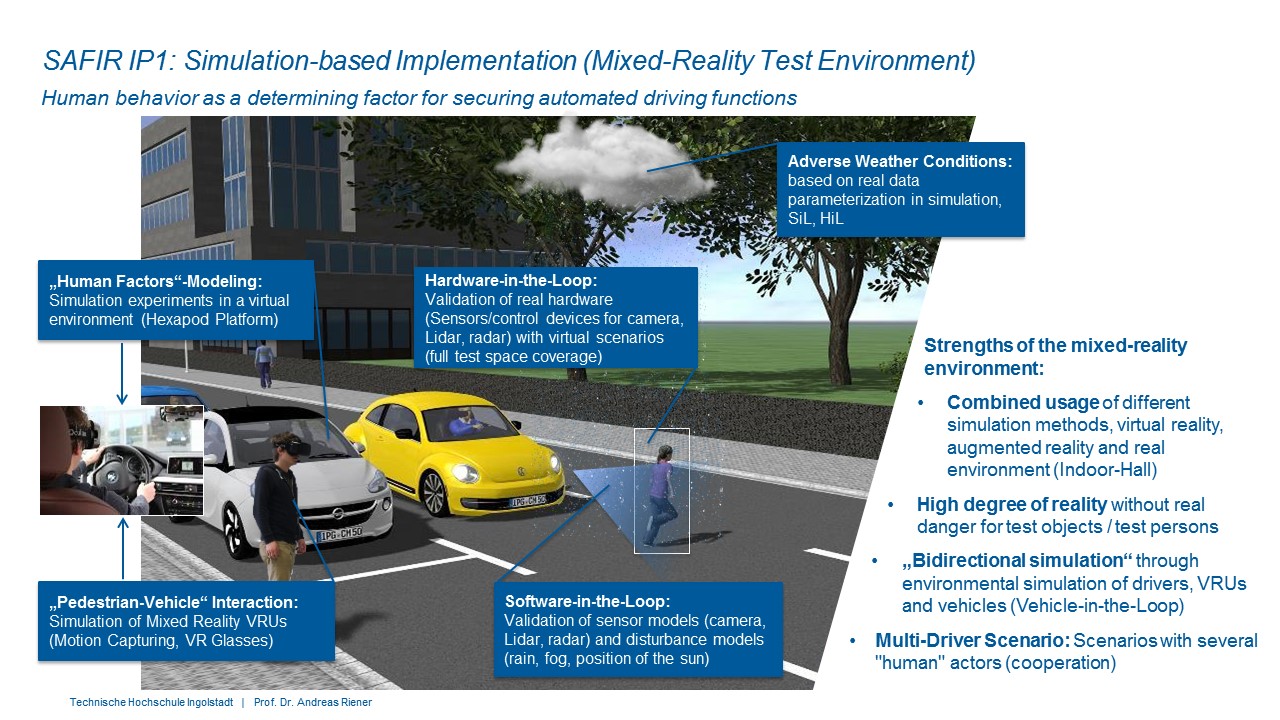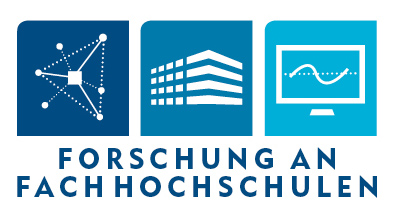
Sinan Hasirlioglu, M.Sc.
- rain effects
- ray tracing
- sensor modeling
- simulation
- virtual testing
- weather effects

The research partnership SAFIR links the Technische Hochschule Ingolstadt with more than 20 partners from industry and public institutions and aims to raise traffic safety to a new level. The research program is embedded in the CARISSMA research and testing center and benefits from the use of the infrastructure and the expertise of the professors in the respective topics.
The development of highly interconnected, integral global security functions to highly automated vehicles is increasing the complexity and testing requirements. A promising approach to managing complexity and limiting costs is to continuously increase the virtualization share of test systems. The cluster takes advantage of state-of-the-art virtual development methods and -tools and complements the missing aspects of global security systems. The aim is a simulation-based test drive for vehicle safety 4.0.
This cluster is currently working on the impulse project “Mixed Reality Test Environment for Safety-Critical Functions in Highly Automated Driving”.
The non-reproducibility of the environment and accompanying difficulty in reconstructing scenarios is one of the greatest challenges of endurance testing. Unfavorable weather conditions in particular, such as rain, fog and the position of the sun, can lead to critical sensor effects and to incorrect decisions subsequently being taken by an automated system. The safeguarding of safety systems draws on the aforementioned mixed reality test environment, enabling testing both in real life under reproducible conditions and virtually in simulation environments.
Statistical and dynamic tests can be made at variable rain intensities and fog visibility using indoor weather units developed in-house and validated with measurements taken under natural conditions. The use of a test hall for testing purposes ensures stable general conditions. In addition, by employing disturbance models, it is possible to perform purely virtual testing of algorithms to determine weather effects.
A considerable increase in a system’s robustness can be effected by conducting tests at an early stage.

January 1st, 2017 – July 31, 2021
9,751,228.00 €


